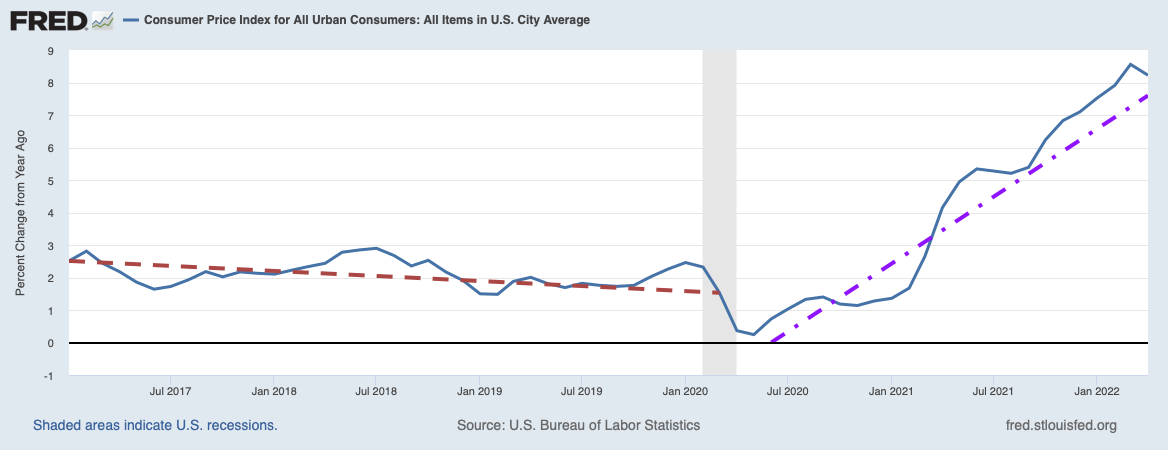The First of the BEPS Refugees
Leaving the U.S. for more salubrious climes! Photo Credit: free images.com/Oziris
Last June 10 I wrote a heads-up about a wave of large corporations possibly leaving the United States called Beware BEPS. Now one of the first of those corporations to leave will be the pharmaceutical giant Pfizer, unless matters change drastically. Company officials confirmed to the Wall Street Journal last Thursday that it was in early talks with Ireland’s Allergen PLC to acquire it. This almost certainly is the start of a flood of companies to relocate their headquarters overseas by a process called inversion. In this process a large U.S. company would buy up a foreign competitor to assume the competitor’s legal identity in its home country.
What could possibly drive a company from our blessed shores? Why, taxes of course! The U.S. has almost the worst, most noncompetitive corporate taxes in the world. The U.S. corporate rate of 35%, which increases to an average of 39.1% when state taxes are included, is the largest of any industrialized nation and third highest in the world. As Scott Hodge of Investor’s Business Daily put it, “Only Chad and the United Arab Emirates levy higher tax rates on corporations. Chad? How embarrassing.” Also, as I noted in The Ideal Tax Regime – 1, the U.S. is one of the very few nations in the world that has a “worldwide” approach to corporate taxes. This means U.S. companies operating overseas get their overseas profits taxed once as income by the country in which the profits were made, and taxed again as income when the profit is returned to the U.S. Almost all other countries in the world use a “territorial” approach where a company is taxed only in the country where the profit is made. Foreign companies located in countries with this territorial approach have a great competitive advantage over U.S. companies because of this difference.
In addition, in 2013 it was estimated that U.S. multi-national companies were keeping more than $2.1 trillion of their foreign profits overseas to avoid double taxation. That money would certainly help out if it were invested here in the United States! That is assuming, of course, a company could find a profitable way to invest it here in this country, a proposition so doubtful that corporations are using retained earnings and borrowing even more at zero real interest rates to pay dividends and buy back their own stock! The combination of U.S. corporate taxes and federal government over-regulation (see the posts The Burden of Government Regulations, The Debilitating Effects of Obamacare, Economic Effects of the Dodd-Frank Act, and The EPA, CO2, Mercury Emissions, and “Green” Energy) is deadly to corporate growth.
So what is the role of BEPS in all this? For that matter what is BEPS? Quoting myself from the very first paragraph of Beware BEPS!,
The acronym BEPS stands for “Base Erosion and Profit Shifting” and the BEPS project is an effort by the OECD to study perceived flaws in international tax rules. The perception that multinational corporations were avoiding taxes of some countries by using these flaws was the main motivation for the ongoing study. The Group of 20 Nations (the G20) meanwhile has taken this study as a reason for increasing and tightening taxes on multinationals. Not surprisingly, the Obama administration has endorsed the BEPS project with the belief the American tax base would be buttressed and Washington would able to capture more corporate taxes from multinationals.
The result is the G20 nations, particularly those in Europe, are going to start requiring any corporate tax breaks for profits be contingent on all the economic activity leading to those profits being in their nation. For example, you can not take a tax break for intellectual property produced in the U.S. and then migrated to the host country. The intellectual property would have to actually be produced in that country. Since corporate taxes, especially in Europe, are generally much, much more attractive to companies than those of the United States, it makes great sense for a U.S. company to “get the hell out of Dodge” and relocate in a more tax-friendly European home. BEPS is merely the trigger for this migration. The horrible, no-good federal corporate taxes are the actual cause.
The departure of Pfizer for Ireland is just among the first of companies to make this migration. As BEPS-inspired tax law comes into effect, we can expect departures of U.S. multinational corporations to become a flood, hemorrhaging jobs, wealth, and intellectual property from the United States.
Views: 2,831





























